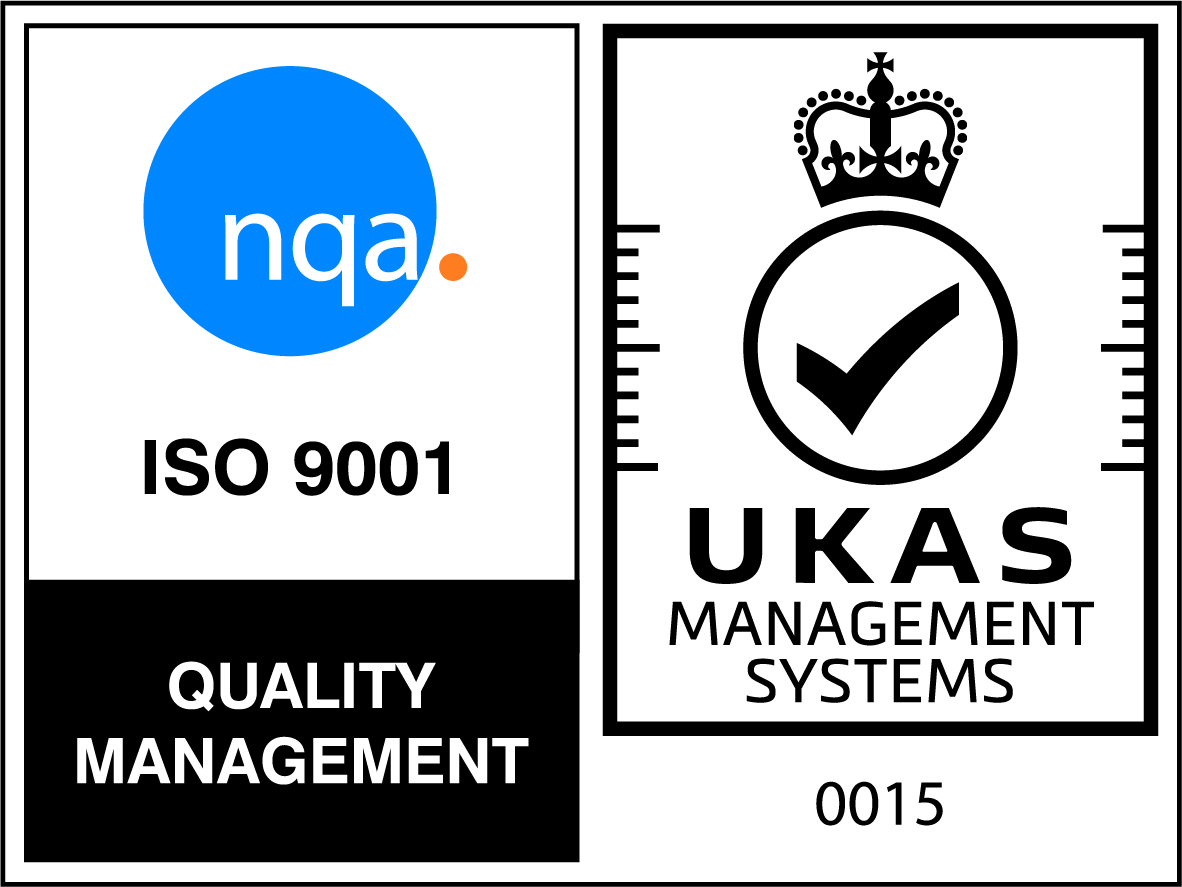On the 4th anniversary of its founding, Shape Machining’s Managing Director, Peter McCool highlights, in a Q&A session, his strategy for keeping Shape at the cutting edge of manufacturing technology in the UK.
Shape was founded in 2014 by ex F1 Chief Designer & Formula E Technical Director, Peter McCool.
The company machines patterns and moulds for the carbon composite industry. Shape has added an engineering team and developed ShapeTex, an innovative carbon composite preform manufacturing process that brings significant gains in structural performance and cost saving for a wide variety of applications.
Shape is ISO9001 approved and based in Witney, Oxfordshire, UK. Assets include several multi-axis CNC machines, ShapeTex equipment, hot presses, ovens and an R&D department to support the machine, engineering and composites activities.
Question: What are your thoughts on this anniversary?
I’m really pleased that Shape is now 4 years old and a mature company. We have moved on from the start-up phase and developed into a major supplier of tooling and machined foams to the composite industry.
But in reality, my thoughts are more about the great team of people we have here. They are all dedicated, hard working and passionate about what they do. It makes it a great place to work – and long may that continue.
Question: What services does Shape offer?
Shape is a high technology manufacturing company, that supports the composite industry. We offer 3 main services:
1. CNC tool machining (patterns and moulds)
2. CAD engineering and design
3. ShapeTex composite preforms and parts.
We work predominantly for customers who are in the carbon composites industry.
Question: What type of machining do you do?
We have 4 large multi-axis CNC machines dedicated to machining epoxy/PU tooling board, a dedicated carbon fibre trimming 5-axis machine and a dedicated metal tool machining CNC machine.
Our work is 25% F1 pattern and Rohacell foam machining, 25% is other motorsport work, 25% is automotive and aerospace tooling and the final 25% is 5-axis machining of non-metallic materials for a variety of different sectors, ranging from sports equipment, furniture, sculpture, marine and even shop window displays.
As a specialist composite tool machining company, we have traditionally focused on epoxy tooling board pattern machining. But increasingly we are being asked to supply aluminium or steel press tools and this is an area where we are currently investing. Metallic tools are going to play a bigger part in carbon fibre manufacture as volumes and demand go up.
Shape will be ready to support this growth.
Question: What does Shape do best?
We innovate to find solutions for our customers and we always strive to improve.
Shape also invests in the highest quality technology and works with the best suppliers. This is a strategy designed to keep us at the top of our game – for the benefit of our staff and our customers.
Question: Who are your main customers?
We don’t discuss or mention our customers by name as confidentiality is of paramount importance to us and our customers.
Our customers are typically high-end engineering companies that require high quality machined patterns or moulds from which they make bespoke carbon fibre components. Typical customers are winning F1 teams, high-end automotive manufactures, aerospace companies and big brand sporting-goods multinationals.
Having said that, we do have a diverse set of smaller customers who have their own special requirements and who often challenge us the most. You can see from the accompanying image that we like variety – this is when you learn the most.
Question: What makes Shape stand out in the UK composites industry?
Shape stands out, in my opinion, because we are open to change and we adapt. We have a reputation for quality and innovation.
We bring in cutting edge technology when we think it will truly benefit our customers and we are coming up with new ideas all the time to meet customers’ needs and solve their problems. That is how ShapeTex was developed.
Question: What is Shape’s strategy for growth?
Our strategy for growth is to continue doing what we are currently doing. It is a two-pronged approach with continued investment in our machining business and continued development of ShapeTex.
I believe that the drive for lighter, stiffer and stronger parts will lead the composites industry to develop processes capable of manufacturing carbon fibre parts in higher volumes. While the push to make these parts more cost effective will require processes with less waste, faster processing times and capable of being automated. The global market for cost effective, high volume, carbon fibre parts is predicted to be huge.
Our ShapeTex process offers all those advantages and we will continue to bring this process to market with very fast processing times in fully automated, robotic cells.
Our strategy is to develop ShapeTex into a world leading technology and recognised brand and to make Shape the supplier of choice for metallic and non-metallic tooling in the composites industry.
Question: What is the difference between Shape and ShapeTex?
Shape is the company name and a description of our main business – we machine shapes! ShapeTex is the process we have developed to manufacture net shaped carbon fibre preforms and parts in high volumes with zero waste.
Question: What is ShapeTex and how did you develop it?
ShapeTex is our brand for highly optimised, zero waste, carbon fibre preforms and parts. We started this process in 2015 when we were strategically looking to develop an automated process for composite part manufacture. It is now a maturing technology that we are bringing to market.
We use an advanced technical embroidery machine modified to lay a continuous tow of fibre. We design the optimised fibre laminate for the application and programme our machines to lay the fibre and build the preform. The preform has fibres only where they are needed so that it is optimised for weight, waste and performance. We make thermoplastic and thermoset carbon fibre preforms and process them quickly into the finished, net shaped, part.
Initial interest in ShapeTex has come from the performance sporting goods sector, but I am expecting interest from the automotive and aerospace sectors to pick up as we demonstrate the benefits of reduced cycle times and high-volume manufacture.
Question: Why is automation so important in composites?
Automation, in my opinion, will be vital in composites industry as we all move to the next level, for two main reasons. Firstly, it allows you to repeatedly control the quality of the parts you are making and secondly, it is the only way we will achieve the production volumes our customers want to reach.
At Shape we only work on parts and develop processes that can be automated and are suitable to high volume manufacture.
Question: What are the main challenges in running a high technology business?
There are plenty of challenges in running a high-tech manufacturing company in the UK. But we simply focus on developing and delivering a quality service to our customers and always trying to improve.
Question: Do you consider Brexit a problem?
Prior to the vote I tried to model how either outcome would affect our business. What became obvious to me during that exercise was that the rate of growth we had planned for the business and the expected benefit from the R&D we were doing, as it was introduced into the market place, would outweigh any of the uncertainty brought about by either vote.
We are a UK based company with a pro-European and pro-Global outlook. We believe that our tooling expertise and ShapeTex preforms will have international appeal.
Question: What do you enjoy most about Shape?
For me personally, and throughout my motorsport career, I have always enjoyed pushing technology boundaries and building teams capable of winning at the highest level.
With Shape we are building an amazing team of people and developing new technologies together. It is an amazingly satisfying journey.
Question: What makes Shape different from its competitors?
We are an Engineering led company where innovation, problem solving, constant improvement, quality and a strategic vision are used to provide a great service to our customers.
Question: What are the next steps for Shape?
Before the end of the year we will bring our tool heating concept to market. This is technology we are developing for the rapid consolidation of ShapeTex thermoplastic composites.
We will continue to invest in CNC machining technology, our ShapeTex process and in our people.
The Shape brand will continue to grow strongly if we focus on our customers and deliver the best service to them that we possibly can, at all times, across all areas of the business.
www.shape-group.com
SHAPE Machining specialises in machining metallic tools, epoxy tooling block patterns, Rohacell foams and the trimming of carbon fibre parts for the automotive, motorsport and aerospace industry.
SHAPE Engineering offers a full range of design, analysis and project management services to support composite part and tool manufacturing projects.
SHAPE Composites supplies thermoset and thermoplastic composite preforms and parts ranging from bespoke cured carbon parts to larger volumes of hot pressed formed carbon parts.
ShapeTex – Optimised carbon fibre preform design & manufacture
(image of parts manufactured by Shape over the last 4 years)
Comments are closed.


